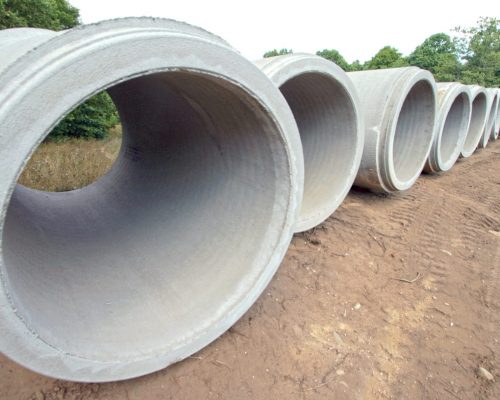In 2016, The Michigan Department of Environmental Quality (now referred to as EGLE) announced a requirement for communities to establish a water system asset management plan by 2018.
The Asset Management process produces three documents:
- Asset Management Plan – “WHAT” – Statement of Goals/Guiding Principles
- Asset Management Program – “HOW” – How you will accomplish those goals
- Capital Improvement Plan (CIP)
A governing body can develop and ratify the plan, which is non-technical and can be understood by the non-technical public. The Program is a detailed implementation document for staff. The CIP is edited more often for more on-the-ground planning with municipal staff.
Prein&Newhof continues to work with dozens of communities’ water asset management plans. There are several steps to the asset management process for water systems:
- Defining Our Goals – What is our desired Level of Service?
- Inventory – What do we own?
- Risk of Failure – what are the conditions of our assets?
- Consequence of Failure – what happens with a failure?
- Criticality – How do we prioritize our actions?
- Capacity – Do we have enough, Now and for the future?
- Operations and Maintenance – Keeping up with routine work
- Capital Improvements – Continuing system renewal
- Financial Strategy – Rate planning and stability



